
Gender equality is a human right. It is also essential for eradicating poverty and improving the lives of future generations. Gender equality is at the heart of all our programming and advocacy work. IPPF pushes for legal and policy reforms which combat female genital mutilation (FGM), early forced marriage and other forms of gender discrimination.
Articles by Gender equality
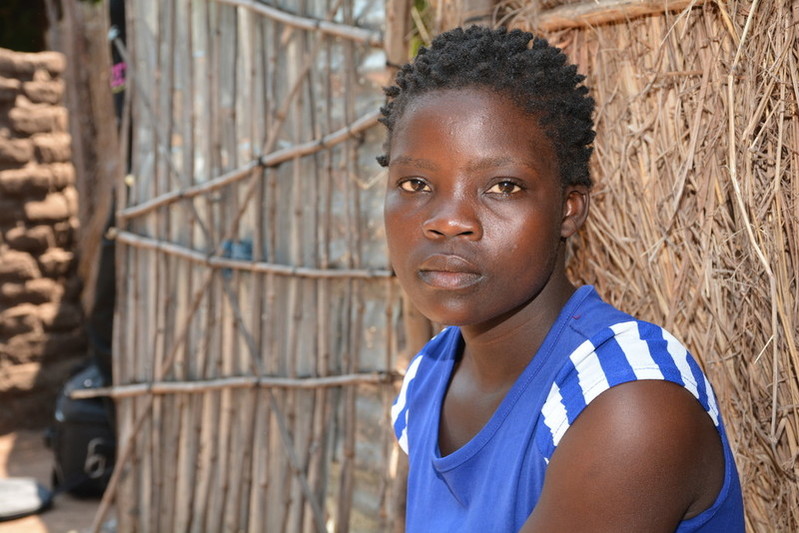
Tackling child marriage in Malawi
Malawi has one of the most comprehensive laws against child marriage in Africa after a new bill was passed in 2017 increasing the legal marital age from 15 to 18-years-old. The Marriage Act of Malawi in 2017 protects any girl under the age of 18 from marriage and holds parents or other family members who marry their children off below the age accountable and liable to prosecution. But even with the law, cases of child marriage are still happening but community Watch Groups have been set up to help. This is the story of one girl helped by her local watch group. Family Planning Association of Malawi (FPAM) with money from the Japan Trust Fund supports the watch group by building the capacity of its members. Five members of the Jalasi Watch Group have been trained about the law, policies around the issue of child marriage and how they align with the by-laws. © Photos: James Ngechu
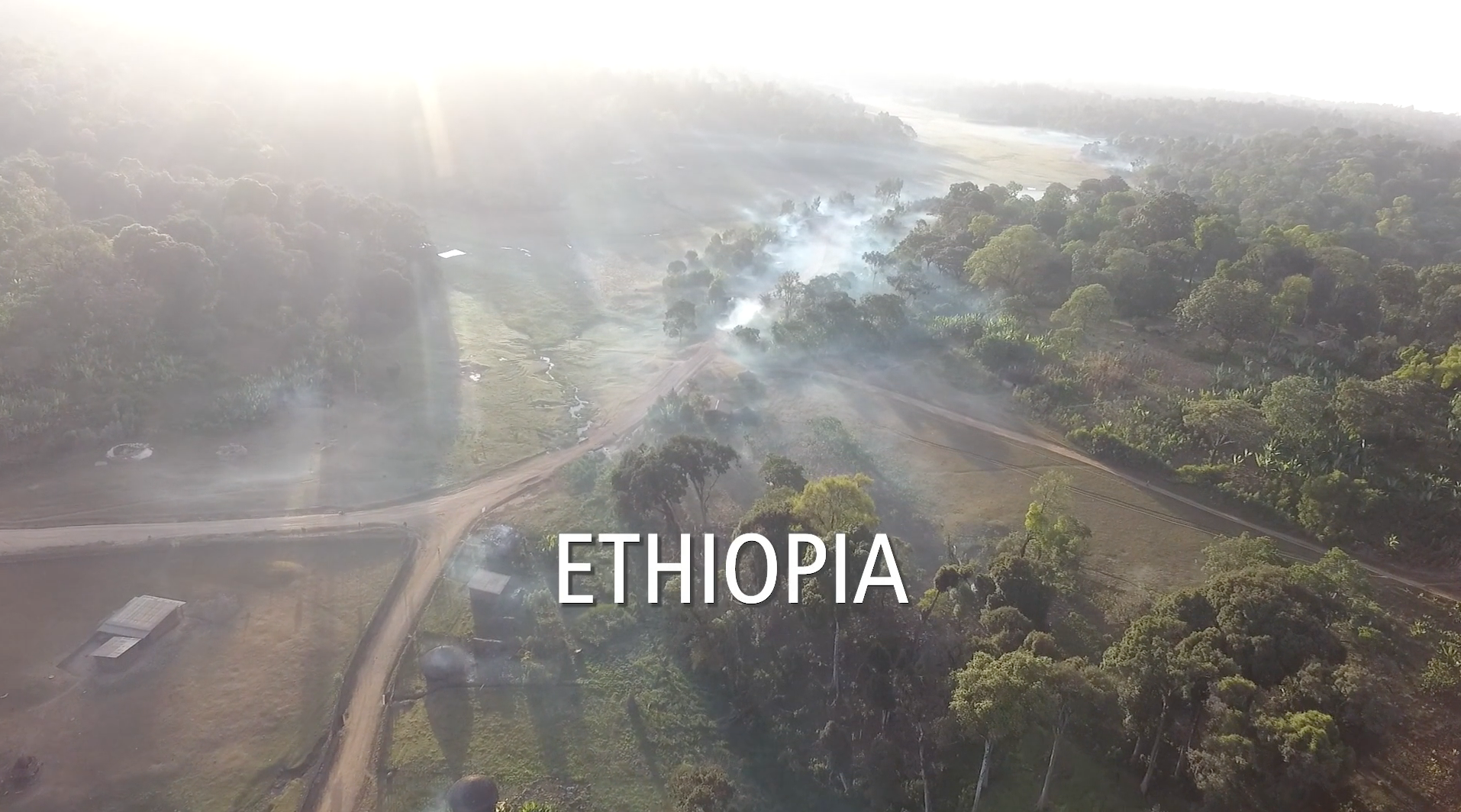
Watch: Bridging the Gap
Ethiopia is the second most populous country in Africa and the tenth most populous in the world. It is estimated that two-thirds of women do not have access to sexual and reproductive healthcare services. Our member association - Family Guidance Association of Ethiopia (FGAE) is bridging the gap between the need for healthcare and women by bringing services into the heart of the workplace across Ethiopia, a country where 47% of the workforce is female. FGAE currently provides services to over 125,000 people at sixteen large-scale workplaces across Ethiopia, from coffee plantations to textile factories.

Watch: Ending child marriage in Malawi
Malawi has one of the highest rates of child marriage in the world. It's estimated that 47% of women and girls are married before the age of 18. In 2017 to help combat child marriage, Malawi changed the legal age of marriage to 18 but despite the change in the law, early child marriage still occurs in many villages. IPPF member association, Family Planning Association of Malawi (FPAM), is teaming up with social workers and local community leaders to form community watch groups, to help end child marriage.
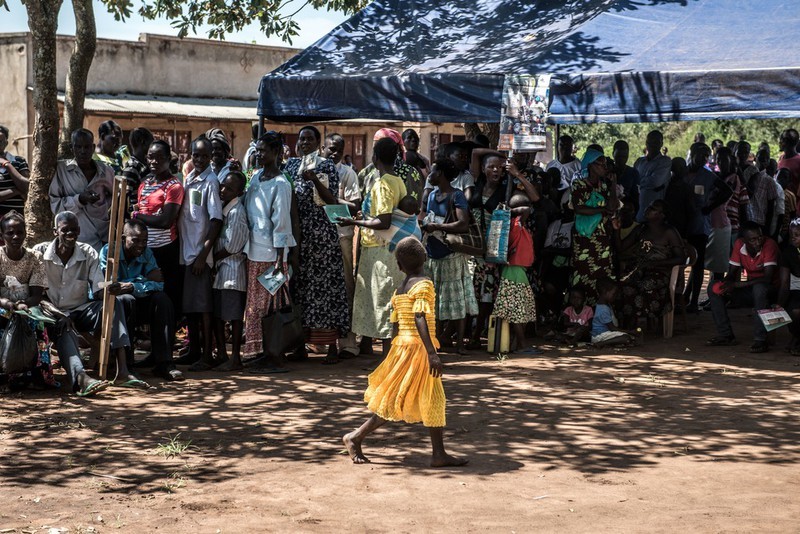
Quiz: What do you know about girls?
What do you know about girls?11 October marks International Day of the Girl Child, a time to recognize girls’ rights and the unique challenges they face around the world. Find out what you do and don’t know about these issues in our quiz. Warning: may contain information some find upsetting.How many girls below the age of 18 are there in the world?How many girls are at risk of female genital mutilation (FGM) each year?Annually, how many girls around the world aged 10-19 are subject to unsafe abortions?Of all sexual assaults globally, how many are committed against girls aged 16 or younger?How many girls worldwide are child brides, i.e. married before the age of 18?Good try! If you learned something new today, scroll down to share this with friends :point_down:Great work! If you learned something new today, scroll down to share this with friends :point_down:
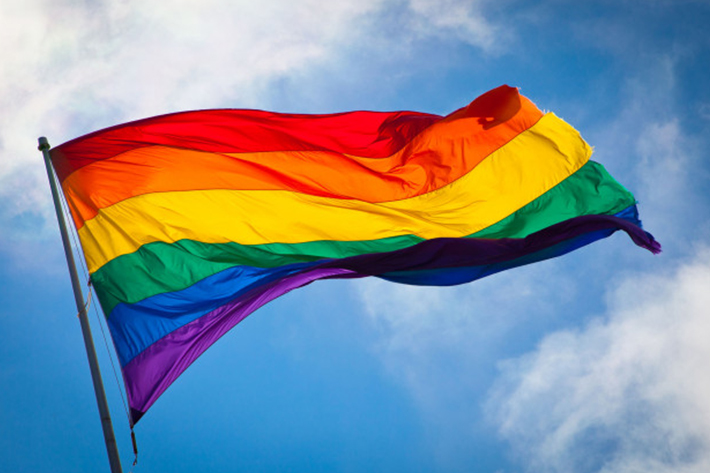
IPPF welcomes India’s Supreme Court historic decision to free LGBTI communities from persecution
After generations of oppression under a colonial-era law, today the LGBTI community in India celebrated the scrapping of key provisions in Section 377 from the Indian Penal Code, which had previously outlawed consensual same-sex sexual relations. Following multiple legal challenges, the Supreme Court finally recognised that “158 years ago, the law deprived people of love”, and ruled that all people should be free from prejudice and persecution. A historic win for communities that have been pushed into the shadows, Chief Justice Dipak Mishra made it clear that “any discrimination on basis of sexual orientation amounts to a violation of fundamental rights.” Welcoming this ruling, IPPF Director-General Dr Alvaro Bermejo said: “Today is a historical victory for the LGBTI community in India. No longer will their human right to love, and to show that love, be violated by archaic laws. IPPF hopes that is this the first step of many to ensure that the LGBTI community are guaranteed their full fundamental rights and that social, economical, financial cultural and political inclusion of the LGBTI community becomes woven into the fabric of India’s national identity. Today's decision will bring new-found hope and energy to those LGBTI communities that are still suffering under repressive laws. I would like to thank the individuals and organizations that have fought tirelessly to make this happen. Without people fighting for change, change cannot happen.” Image by Courtesy Photo
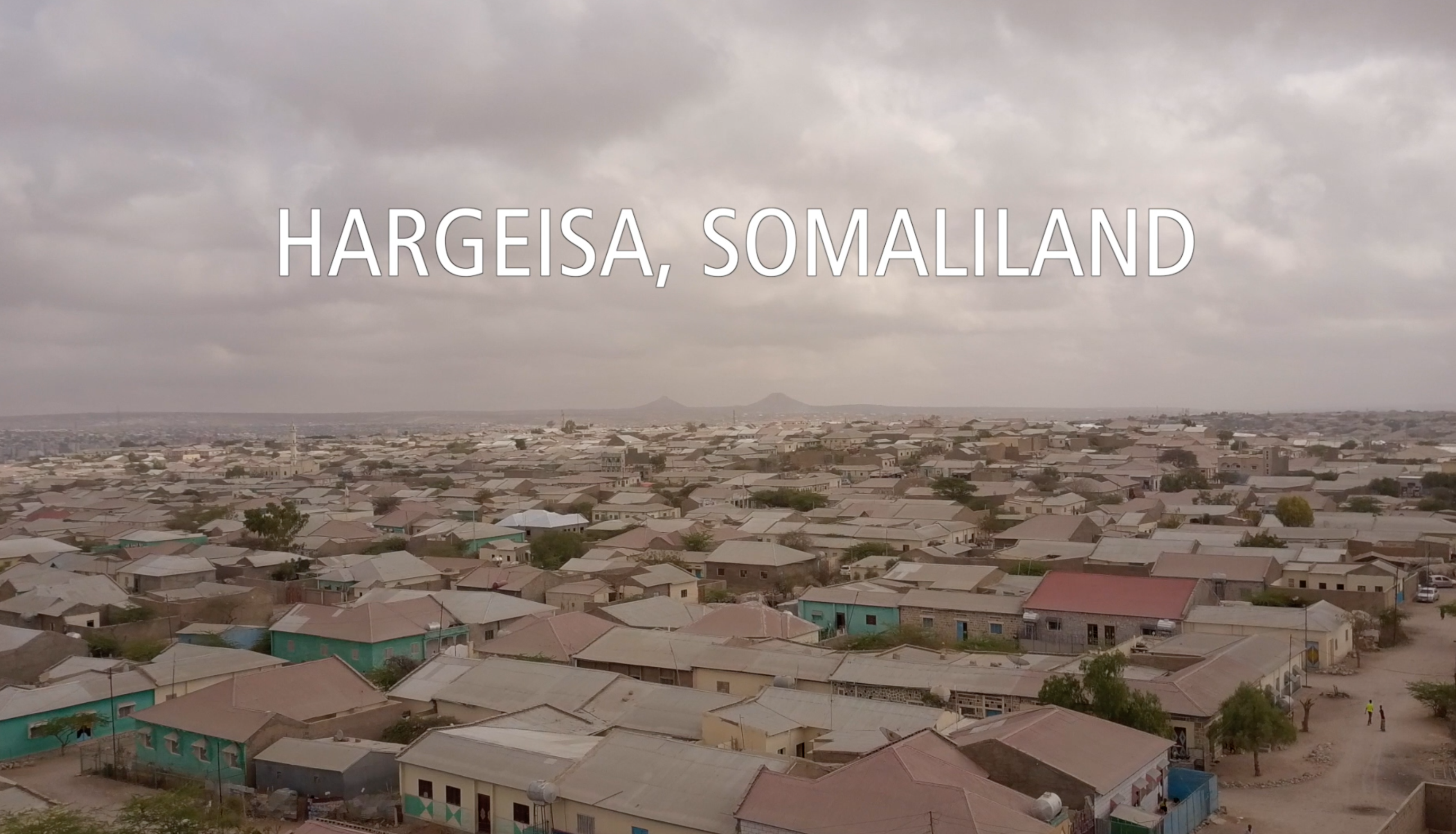
Watch: Hope on the Horizon: FGM in Somaliland
Female genital mutilation (FGM) is a procedure that involves altering or injuring female genitalia for non-medical reasons. It is estimated that almost 200 million women and girls worldwide have undergone some form of FGM. FGM has been recorded in 30 countries with Somaliland having one of the highest prevalence rates in the world at 98% for women and girls aged between 15 - 49 years old. Hope on the horizon documents the hard work IPPF member association SOFHA (Somaliland Family Health Association) is doing within the local community to help change minds and eventually bring an end to female genital mutilation (FGM). Slowly, but surely, attitudes are changing.
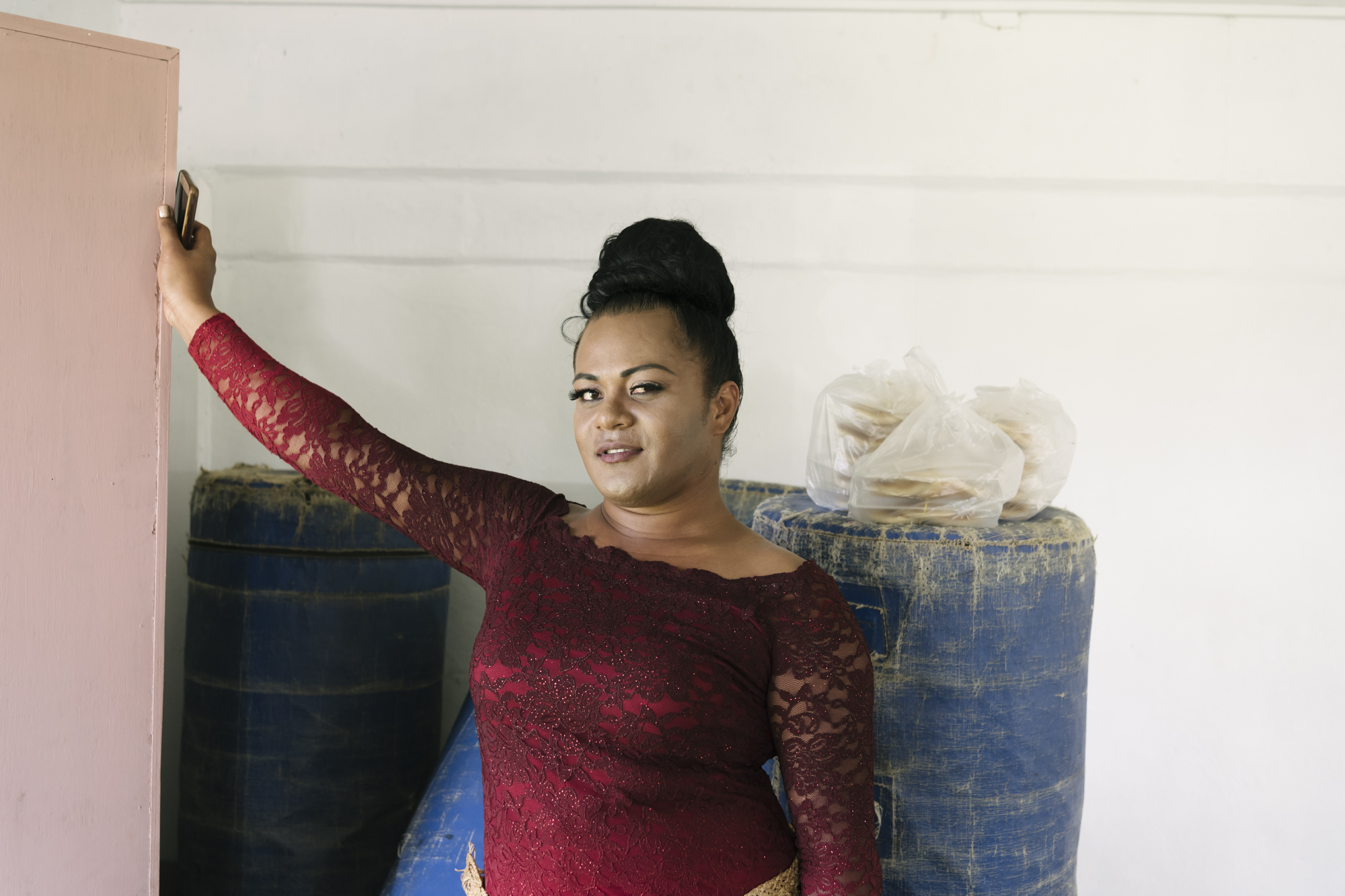
"I have a feeling the future will be better"
Leiti is a Tongan word to describe transgender women, it comes from the English word “lady”. In Tonga the transgender community is organized by the Tonga Leiti Association (TLA), and with the support of Tonga Family Health Association (TFHA). Together they are educating people to help stop the discrimination and stigma surrounding the Leiti community. Leilani, who identifies as a leiti, has been working with the Tonga Leiti Association, supported by Tonga Health Family Association to battle the stigma surrounding the leiti and LGBTI+ community in Tonga. She says "I started to dress like a leiti at a very young age. Being a leiti in a Tongan family is very difficult because being a leiti or having a son who’s a leiti are considered shameful, so for the family (it) is very difficult to accept us. Many leitis run away from their families." Frequently facing abuse Access to health care and sexual and reproductive health service is another difficulty the leiti community face: going to public clinics, they often face abuse and are more likely to be ignored or dismissed by staff. When they are turned away from other clinics, Leilani knows she can always rely on Tonga Health Family Association for help. 'I think Tonga Family Health has done a lot up to now. They always come and do our annual HIV testing and they supply us (with) some condom because we do the condom distribution here in Tonga and if we have a case in our members or anybody come to our office we refer them to Tonga Family Health. They really, really help us a lot. They (are the) only one that can understand us." Tonga Family Health Association and Tonga Leiti Association partnership allows for both organisations to attend training workshops run by one another. A valuable opportunity not only for clinic staff but for volunteers like Leilani. "When the Tonga Family Health run the training they always ask some members from TLA to come and train with them and we do the same with them. When I give a presentation at the TFHA's clinic, I share with people what we do; I ask them for to change their mindset and how they look about us." Overcoming stigma and discrimination With her training, Leilani visits schools to help educate, inform and overcome the stigma and discrimination surrounding the leiti community. Many young leiti's drop out of school at an early age due to verbal, physical and in some cases sexual abuse. Slowly, Leilani is seeing a positive change in the schools she visits. “We go to school because there a lot of discrimination of the leiti's in high school and primary school too. I have been going from school to school for two years. My plan to visit all the schools in Tonga. We mostly go to all-boys schools is because discrimination in school is mostly done by boys. I was very happy last year when I went to a boys school and so how they really appreciate the work and how well they treated the Leiti's in the school." In February, Tonga was hit by tropical cyclone Gita, the worst cyclone to hit the island in over 60 years. Leilani worries that not enough is being done to ensure the needs of the Leiti and LGBTI+ community is being met during and post humanitarian disasters. "We are one of the vulnerable groups, after the cyclone Gita we should be one of the first priority for the government, or the hospital or any donations. Cause our life is very unique and we are easy to harm." Despite the hardships surrounding the leiti community, Leilani is hopeful for the future, "I can see a lot of families that now accept leiti's in their house and they treat them well. I have a feeling the future will be better. Please stop discriminating against us, but love us. We are here to stay, we are not here to chase away." Watch the Humanitarian teams response to Cyclone Gita

"Dignity, respect and bravery are guiding principles for our work on female genital mutilation (FGM)"
I left Somaliland when I was 9 years old with my mother, brother, uncles, aunts and cousins. It was the civil war and we were lucky enough to reach Canada as refugees. I remember that time as a pleasant, warm, loving time where my cousins and I had a lot of freedom to play, walk to school and daydream. I am from Somaliland so of course I am part of the 97-98% or so of girls who undergo the female genital cut. I think it happened when I was around seven years old. I remember being restrained. I remember strangers being around and I remember peeing standing up and it burning. These memories don’t come up often and they don’t cause me pain. It’s a distant, childhood event. A cousin and a niece my age were there and we went through it together and afterwards our mothers and aunts took care of us. I grew up, went to school, questioned the world and my role in it for a time, got married, had kids and eventually went back to Somaliland. There I met Edna Adan Ismail and asked to volunteer with her. She opened her office, hospital and life to me and I became immersed in the maternal health issues of the women in my home country. The effort to end FGM Most were not as lucky as I had been. Because of FGM/C (female genital mutilation/circumcision), most had experienced recurring infections and difficulties in child birth. Some had formed cysts, some became infertile, and some had obstetric fistula. But few linked these problem to the cutting. At SOFHA (Somaliland Family Health Association) we’ve been working to help women (and men) understand these links and get the help they need. That’s only a part of the work. The effort to end FGM/C in Somaliland goes back almost 40 years. FGM/C programs and projects have been happening for at least the last 25 years. We’re now at the point where it’s recognized as a legitimate, critical, health and social issue. We’re on the cusp of a law against the practice and I have personally witnessed a transformation among the individuals who engage in this work. NGO and government staff tasked with working on FGM/C used to go into communities apologetically, “Sorry but we have to talk to you about this ‘issue’, we know it’s unpleasant but bear with us” to “I have 2 daughters and I have not cut them. This is a terrible practice and we must stop it now”. It fills me with great joy to see young women and men taking this personal stance and doing it confidently and proudly. But it’s not easy for most people to do this. It certainly wasn’t for me. This is personal. This is private. Before I got into the work I might have said, “What business is it of yours anyway? Do you really want me digging into your private life? Into your past and history? I am not a victim. I may be a survivor but not in the way you think and not for the reasons you imagine. I am bigger than this. This doesn’t define me.” Dignity, bravery, respect And it may not define most Somali women. I think that’s what confuses many people. Maybe it’s because it happens in childhood and those memories are lost or hidden or maybe because mothers and grandmothers have such good intentions or maybe because it’s so universal within the community? That’s why it’s a completely different experience for a young Somali girl born and brought up somewhere else. The experience is very personal and it varies from person to person. Dignity, respect and bravery are guiding principles for our work on female genital mutilation. In Somaliland, a dynamic young generation connected to the world through the internet, and integrated multi-pronged FGM/C programming, is helping us to influence a generation of Somalis to abandon the cut and break the cycle. It’s still some distance away but we see the end in sight. Words Amal Ahmed, the executive director of our Member Association in Somaliland (SOFHA)
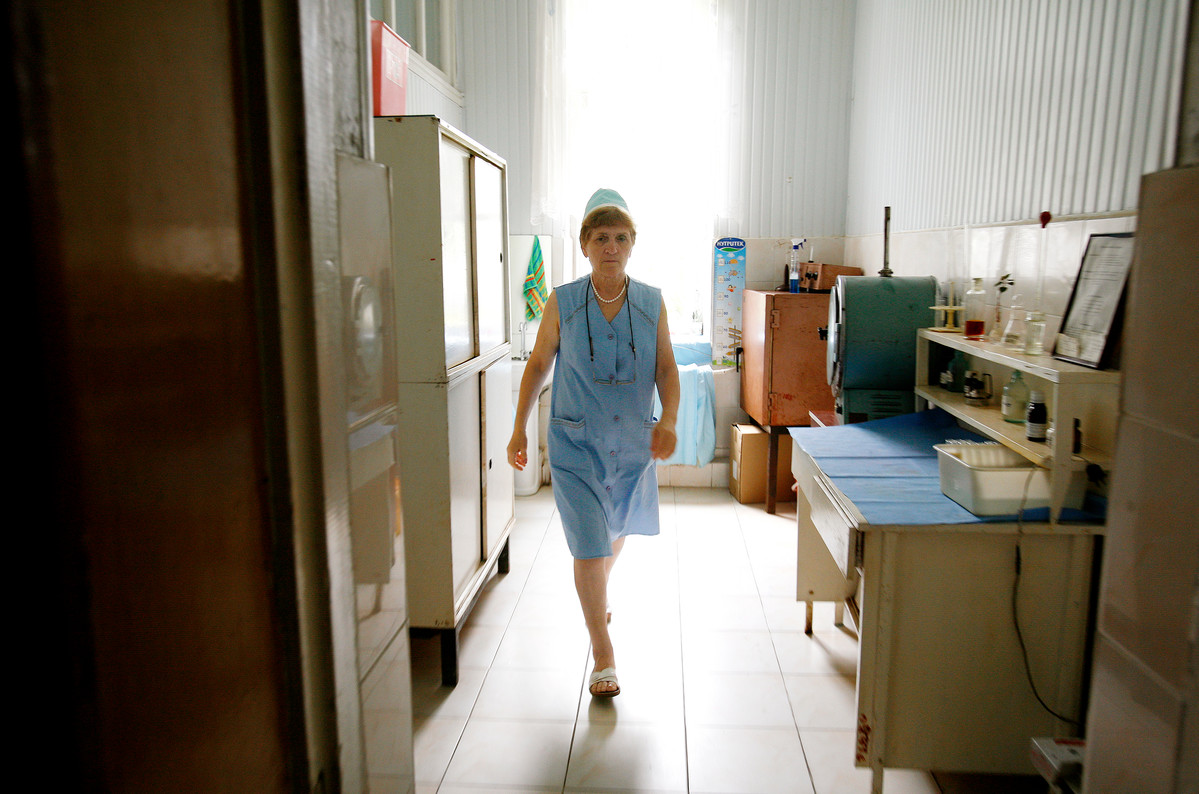
Supporting FGM survivors in Ireland
Ireland has taken important steps in recent years in the fight to end female genital mutilation (FGM). At the domestic level, the Criminal Justice (Female Genital Mutilation) Act was introduced in 2012 to prohibit FGM and, as part of its Overseas Development Assistance, Ireland has contributed towards the UNFPA-UNICEF Joint Programme on FGM, which is the largest global initiative to accelerate the elimination of FGM. Since 2014, the Irish Family Planning Association (IFPA) has provided comprehensive medical and psychological care to women and girls in Ireland who have experienced FGM. The FGM Treatment Service is publicly funded which enables the IFPA to provide care to affected women and girls free of charge. Although the practice is mostly concentrated in Africa and the Middle East, the phenomenon of global migration means women and girls affected by FGM live across the globe, including in Western Europe. It is estimated that more than 5,000 women and girls living in Ireland have experienced FGM. IFPA Medical Director Caitriona Henchion says, “FGM is recognised internationally as a violation of the human rights of women and girls. It causes harm and has no health benefits. In fact, it can result in short- and long-term health complications, such as pain, infection, menstrual problems, urinary tract problems and sexual difficulties.” The IFPA engages in outreach activities to promote awareness of the FGM Treatment Service amongst those who have experienced FGM. Dr Henchion explains, “A key challenge for us as a healthcare provider is raising awareness about this free service amongst affected communities. FGM can be difficult for women to talk about – it’s a very stigmatised topic. We want women to know our staff provide completely confidential, non-judgmental care. Our doors are open.” In our outreach work, the IFPA frames FGM as one of a range of sexual and reproductive healthcare issues impacting ethnic minority women and we provide information about cervical and breast screening, contraception, menopause and screening for sexually transmitted infections (STIs) alongside information about the FGM Treatment Service. This is in recognition of the fact that the issue of FGM is part of a wider set of issues in healthcare provision for women from minority ethnic backgrounds, particularly asylum seekers and refugees. The IFPA also educates frontline service providers, such as healthcare professionals, about FGM and its harms. Dr Henchion says, “FGM is not yet fully integrated into medical education in Ireland. As a result, healthcare providers may not understand what FGM is or how many women and girls are affected globally. We want to equip them with the knowledge to recognise FGM and refer women to existing services if needed.” While the provision of financial support for the FGM Treatment Service is an important aspect of efforts to address FGM, the State must take more ownership over the issue in order to effectively combat FGM. Legislation alone is insufficient to ensure the abandonment of the practice. The IFPA believes a government-led interagency committee, with representation from key government departments and other state and non-governmental bodies, is required to comprehensively tackle FGM. Such a committee could take responsibility for the development of a national action plan across the key areas of prevention, protection, provision (for women and girls who have experienced FGM) prosecution and promotion (of efforts to eradicate FGM).
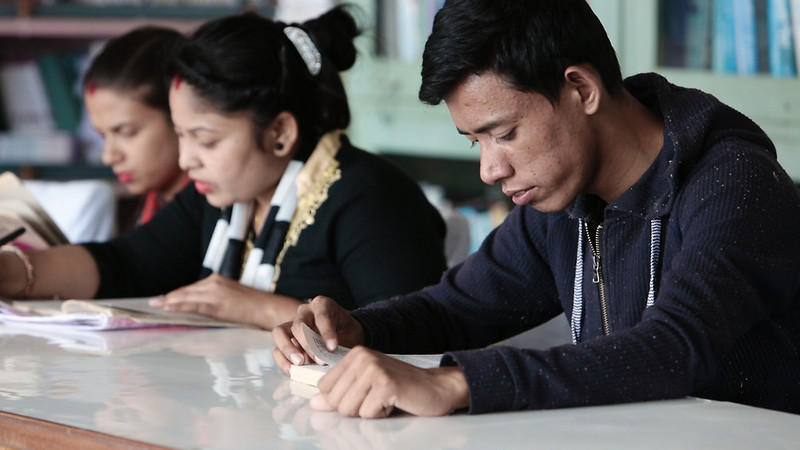
Launch of first global sexual and reproductive health service package for men and adolescent boys
Growing a moustache during the month of November has become common in many countries to raise awareness of men's health issues. Along with ‘Movember’, World Vasectomy Day (17 November) and International Men’s Day (19 November) are other awareness days in November linked to promoting men’s health, including sexual and reproductive health. Existing gender inequalities, due in large part to rigid gender norms and harmful perceptions of what it means to be a man, have far reaching consequences on health and wellbeing. Better meeting the specific and diverse needs of men and adolescent boys, as well as improving men’s own sexual and reproductive health, also improves the sexual and reproductive health of their partners, and is an effective way to promote sexual and reproductive health and rights for all. Now, for the first time ever, the International Planned Parenthood Federation (IPPF) and United Nations Population Fund (UNFPA) have released a comprehensive service package focused on men’s sexual and reproductive health. The Global Sexual and Reproductive Health Service Package for Men and Adolescent Boys has been developed to support providers of sexual and reproductive health services. Men have substantial sexual and reproductive health needs, including the need for contraception, prevention and treatment of HIV and other sexually transmitted infections, sexual dysfunction, infertility and male cancers. Yet these needs are often unfulfilled due to a combination of factors, including a lack of service availability, poor health-seeking behaviour among men, health facilities often not considered ‘male-friendly’, and a lack of agreed standards for delivering clinical and preventative services to men and adolescent boys in all their diversity. IPPF is committed to working with men and adolescent boys in all their diversity as clients, partners and agents of change. This commitment is framed within a human rights framework and outlined in IPPF policies on Men and Sexual and Reproductive Health and Gender Equality. These reflect the importance IPPF attaches to addressing men’s sexual and reproductive health and rights and promoting an approach that is truly gender transformative. Working together as a global Federation, IPPF is committed to: Continuing to provide technical support on mobilizing men and adolescent boys to transform harmful gender norms; Advocating for an enabling policy environment that ensures men’s and adolescent boys’ access to services and reduces sexual and gender based violence; Contributing to the evidence base about what works in gender transformative programming; and • Meeting the diverse sexual and reproductive health needs, including HIV, of tens of millions of men and adolescent boys in over 150 countries. I am Amina. Professional writer, coach, and writing in the niches of healthcare, beauty, relationships and education since 2009. Follow me at HomeworkHelpmate.
Pagination
- Previous page
- Page 4
- Next page







